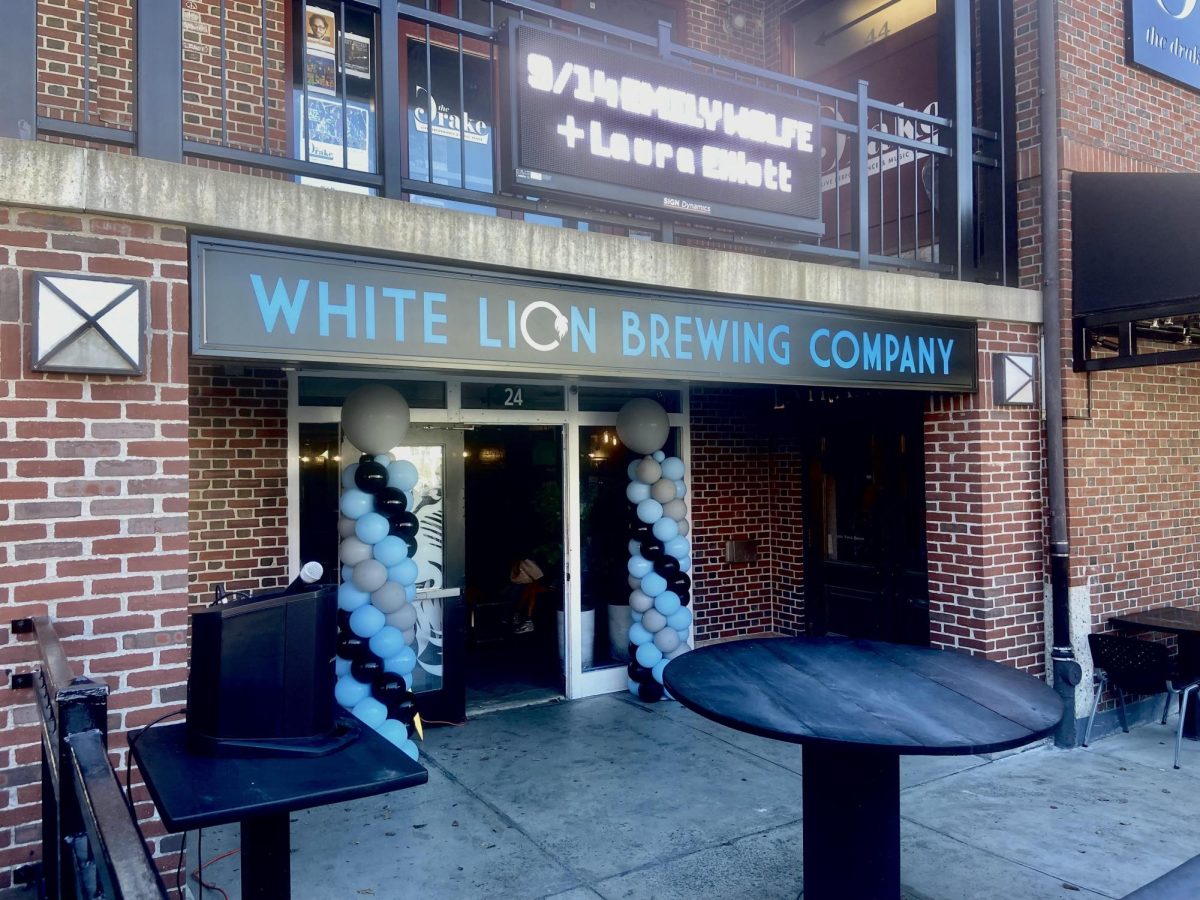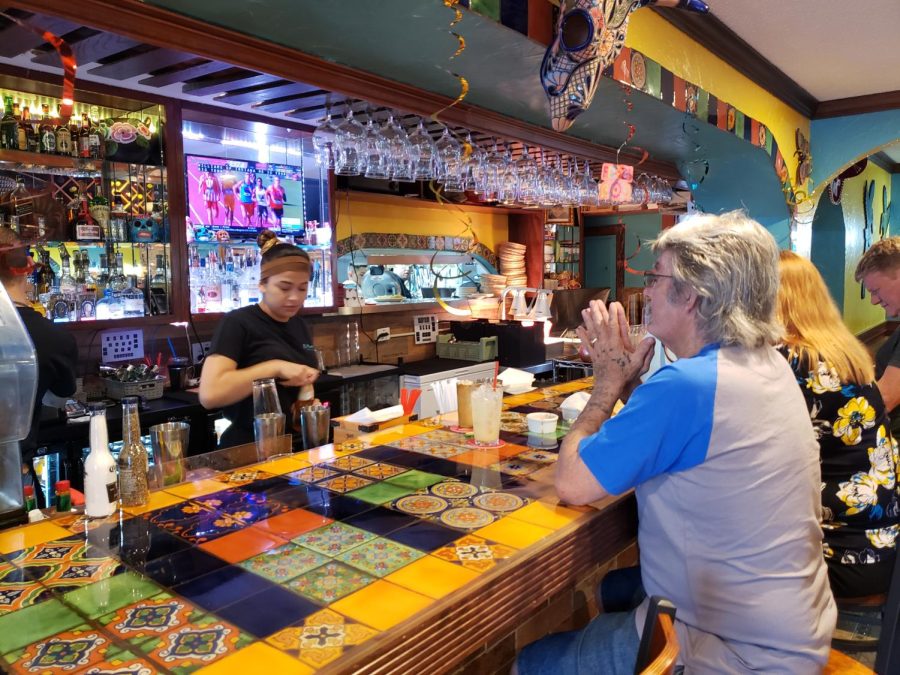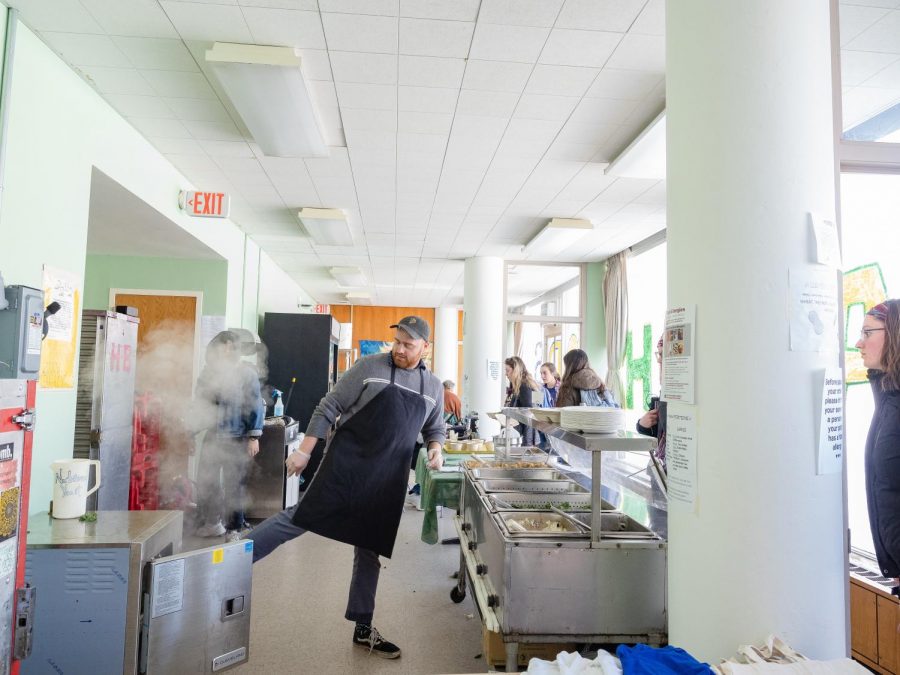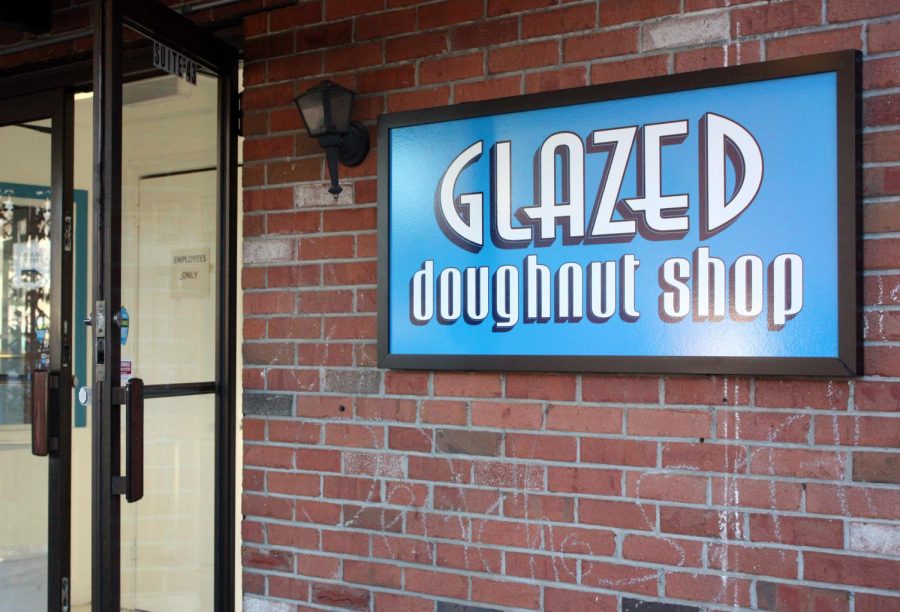The Black Business Association of Amherst Area (BBAAA) is calling for Town Manager Paul Bockelman to resign amid continuing efforts to get federal aid distributed to Black owned businesses.
The BBAAA issued a press release following a March 18 town meeting where Bockelman presented his plans for allocating the remaining $3.8 million of the total $11.9 million designated to the town by the American Rescue Plan Act (ARPA).
Despite the association calling for a more equitable distribution of funding since 2022, Bockelman’s plans for the remaining funds did not offer increased aid to Black owned small businesses.
“Systemic racism is what we are dealing with in Amherst,” Pat Ononibaku, president of the BBAAA said.
ARPA was passed by Congress in 2021 to help the country recover from the economic impacts of the coronavirus pandemic. A primary objective of the legislation was supporting small businesses that lost revenue and could not retain employees during the public health crisis and economic fallout.
A total of $419,000 of the $11.9 million Amherst received was put towards “economic development and business grants,” that delegated $40,000 to new businesses as “startup grants,” and $24,000 for existing businesses as “growth grants.” An additional $5,000 was allocated for “technical assistance grants.”
“From the $24,000 none of the Black owned existing businesses received a dime,” Ononibaku said.
Concerns of Corruption in ARPA Spending
Carefree Cakery and White Lion Brewing Company, both Black owned businesses, received start up grants of $8,000 and $5,000 respectively according to a March 2023 data request provided by the town and published by the Amherst Indy.
Ononibaku believes that these businesses received ARPA funding because they operate out of commercial spaces owned by powerful and wealthy individuals.
“They are very influential and they were able to make sure that their new tenants got the money,” Ononibaku said.
Carefree Cakery is operated out of a space owned by W. D. Cowls, Inc, a land developer and conservation company that owns over 20 acres in North Amherst and is the state’s “largest private landowner.” White Lion operates out of property owned by Barry Roberts, a property developer, business owner and current president of the Business Improvement District.
Despite the circumstances, “we are happy that they got something,” Ononibaku said on behalf of the BBAAA.
The Business Improvement District (BID) and The Downtown Amherst Foundation (DAF)
The Business Improvement District (BID) is a 501(c)(6) nonprofit organization. These groups have lobbying power and typically exist to further business interests. According to the website, the BID is “controlled and financed by the district’s property owners.”
The Downtown Amherst Foundation (DAF) is a charitable nonprofit organization that seeks “to build and create culture, beauty and programming in Downtown Amherst that ensures a thriving, beautiful and diverse cultural college community,” as stated on their website.
In 2021 when the first round of ARPA funding was being allocated, Bockelman placed the original $400,000 designated for small businesses in the hands of Gabrielle Gould who was the then executive director for the BID and the founder and executive director of the DAF.
$300,000 of the ARPA money allocated for small businesses went to The Drake, a nightclub and performance venue, run by the DAF.
The town manager sits on the board of directors for the BID. Ononibaku calls this “a serious conflict of interest and corruption concern.”
The remaining original $100,000 in small business grants, only $69,000 of which was spent once the budget was adjusted, was awarded to businesses by the BID. The project report outlining the grant program states that “BID will oversee the process to review submissions and make awards.”
The money itself was distributed by the former Amherst Area Chamber of Commerce Executive Director Claudia Pazmany, according to Ononibaku.
Pazmany sat on the “relief and resilient microgrant team” of the DAF although it is unclear if she is still in this role as she resigned from the chamber of commerce in February of 2024. Gould also resigned from her position with the BID at the same time.
An additional $50,000 went to BID for “contracted economic empowerment efforts,” that worked to “promote development and opportunities for entrepreneurs, artists, cultural organizations,” that were harmed by the economic effects of the pandemic.
“All the Black owned businesses who applied for the funds were denied,” including several BBAAA members for “one excuse or another,” Ononibaku said.
She also says that “all BIPOC led organizations were denied,” including the association, Amherst Media and Amherst Community Connections.
“One of the goals of the ARPA funds is to address/repair financial hardship caused by the pandemic within the business community, but this goal was not achieved in our town,” Ononibaku said.
Misallocating ARPA Funds and the BBAAA’s Budget Proposal:
Ononibaku believes that not enough funds were allocated to the business community to begin with as only $100,000 was appointed to be shared between hundreds of businesses.
The maximum amount that businesses could receive was $10,000 for startup grants and $5,000 for growth grants.
“What we would like to see is for businesses to get a minimum of $10,000 each. To make a dent,” Ononibaku said.
She also said that some of the projects being funded by ARPA grants do not align with the goals of the federal program. Ononibaku points to the allocation of $300,000 for a public restroom at Kendrick Park as an improper use of funds as it “has nothing to do with the Covid pandemic.”
Additionally, she believes the spending of some of the ARPA funds is being misrepresented by the town. She cites their $775,000 purchase of the Veterans of Foreign Wars building that they plan to demolish with the intention of “redeveloping the site for supportive affordable housing and a permanent homeless shelter,” as reported by the Amherst Bulletin.
The money that purchased this building came out of the $1 million dollars allocated for resident aid programs to address homelessness.
Ononibaku believes that the use of this money is not accurately portrayed as the land will first “be used, on a temporary basis, as a staging area for a contractor hired to handle the expansion and renovation of the Jones Library,” as reported in the same Amherst Bulletin article.
The BBAAA emailed an ARPA funds budget proposal to the town manager and the town council on March 13. This includes a total of $550,000 in “direct cash payments” for existing and start up Black owned businesses and entrepreneurs, $125,000 for staffing infrastructure as well as $30,000 for “culturally sensitive business assistance and trainings.”
The association also requested $45,000 for youth empowerment projects, $100,000 for “direct cash payment to low-income frontline black workers,” and $650,000 for “cash assistance to under resourced black residents.”
As of March 31, the town has spent $229,709 of the original $300,000 allocated to the resident aid assistance program “to help Amherst residents with overdue rent, mortgage, or utility bills.”
Part of the BBAAA’s budget proposal includes increased funding to support these expenses and more for low-income residents. They plan to distribute these funds themselves as a nonprofit organization.
“People may pay their rent but that does not mean that they are doing well. They may need help with other expenses,” Ononibaku said.
A Lack of Action
Ononibaku has been trying to see these issues rectified since she blew the whistle in a Dec. 2022 press release that called for “more accountability, transparency and ability to follow the money.”
“The town made a mistake by choosing to concentrate more money, power, influence, and control to BID, that have not done the work to address bias,” the press release stated.
In the spring of 2023, the BBAAA executive board met with the town manager.
“He sounded sympathetic, and he took very good notes. He witnessed some of my members in tears. He listened. And then after the meeting he never got back to us,” Ononibaku said.
The lack of response from the town manager led the BBAAA to contact Representative Jim McGovern who attended one of their meetings in the summer of 2023. Ononibaku said that McGovern contacted Bockelman about the issue, but the town manager never got back to the association. Recent attempts to contact Bockelman have been unsuccessful for the BBAAA.
When contacted, the town manager’s office stated that they have “no further comment.”
The remaining ARPA funds need to be obligated by Dec. 31, 2024. The BBAAA plans to continue their attempts to work with the town manager to find solutions.
“We are getting good support from our residents,” Ononibaku said. “We’re not losing hope, we will not give up.”
Bella Astrofsky can be reached at [email protected].



















